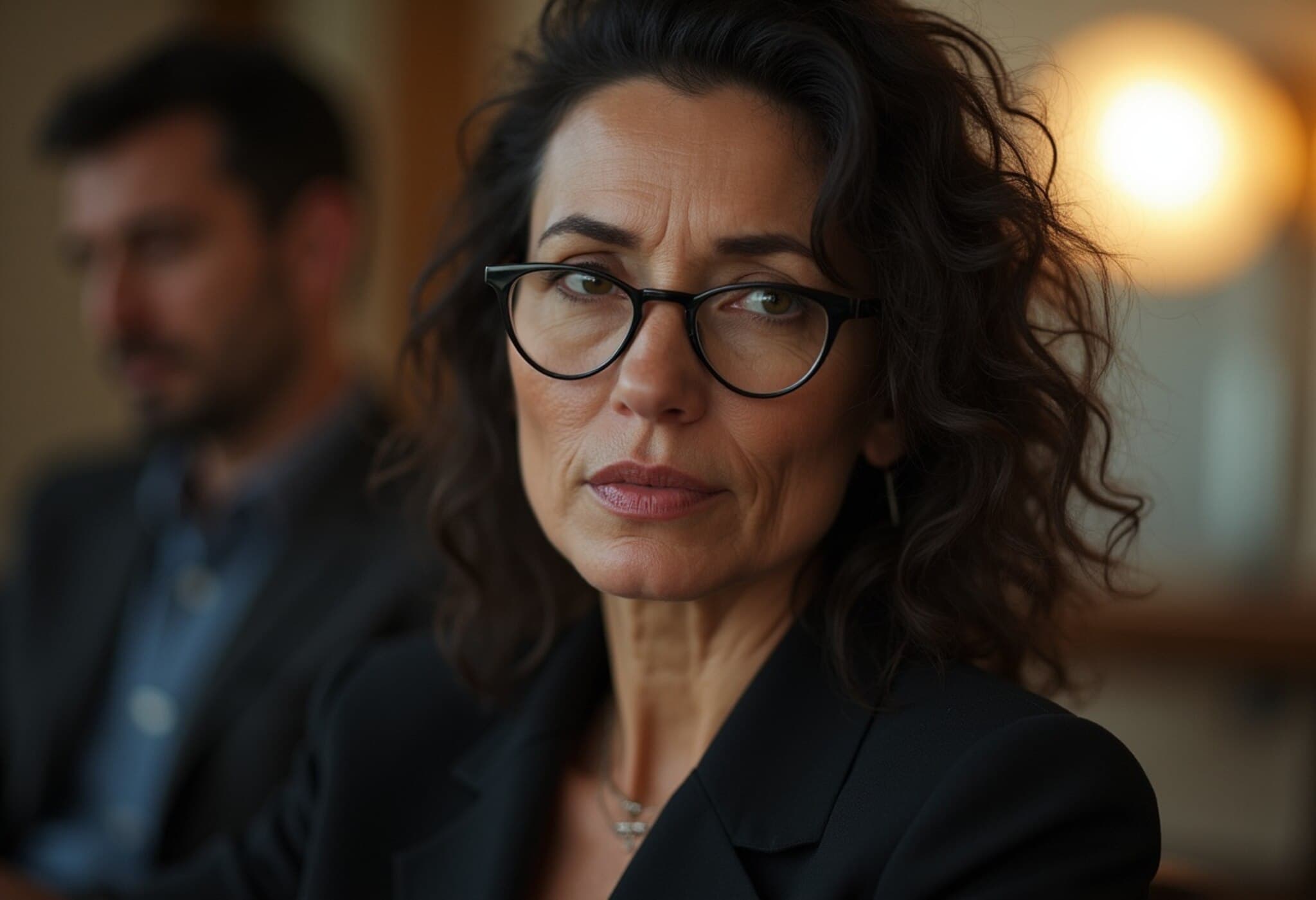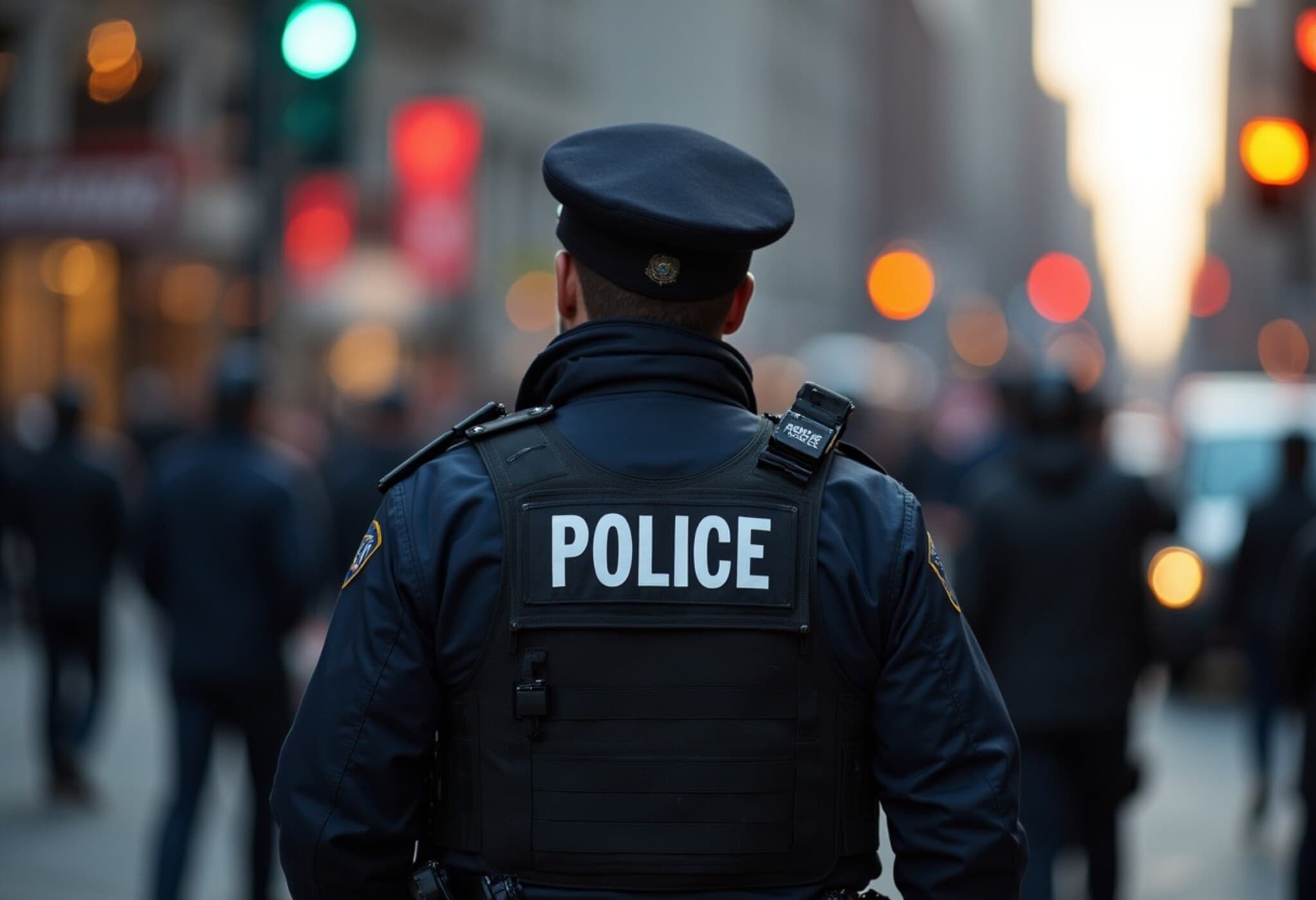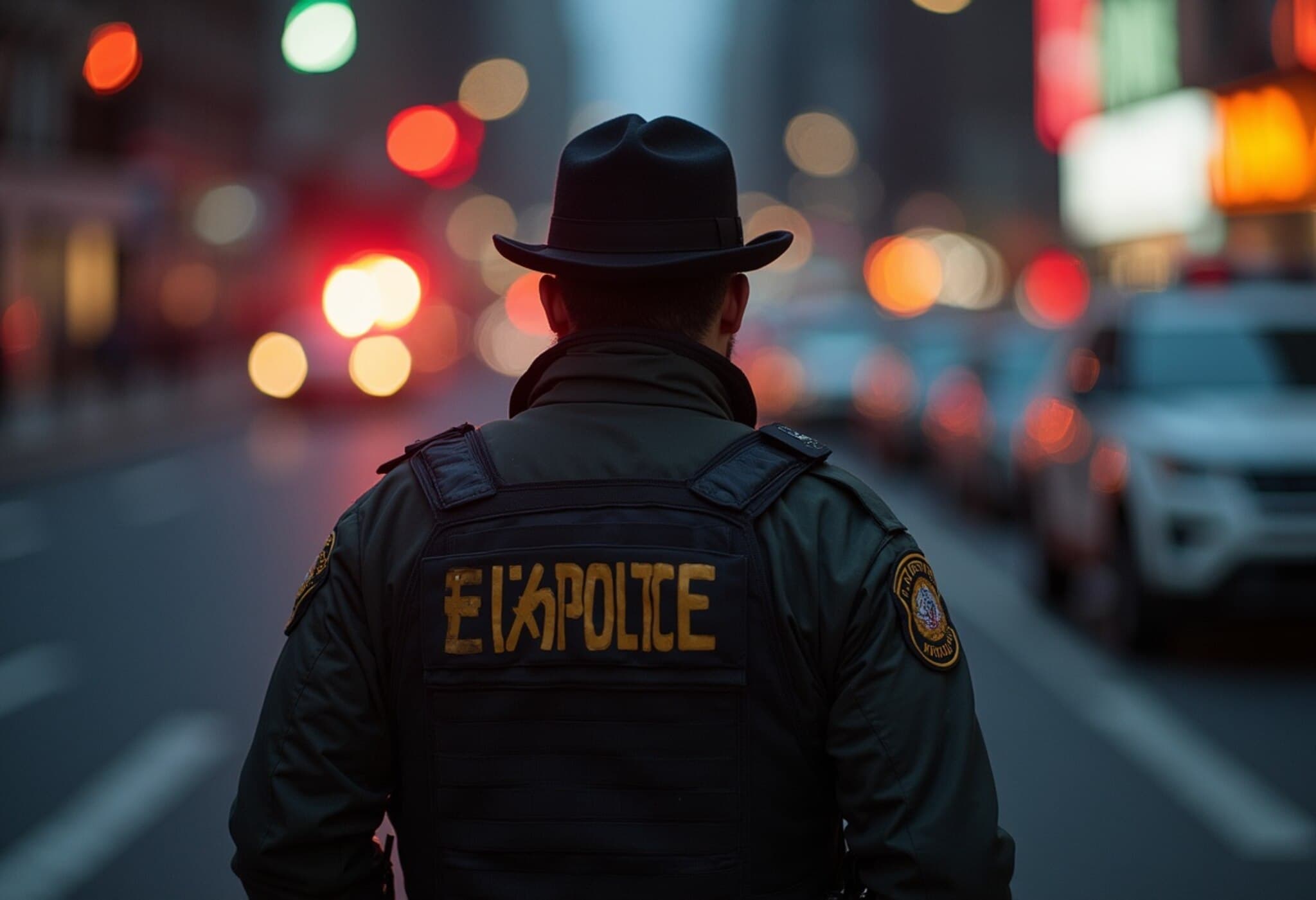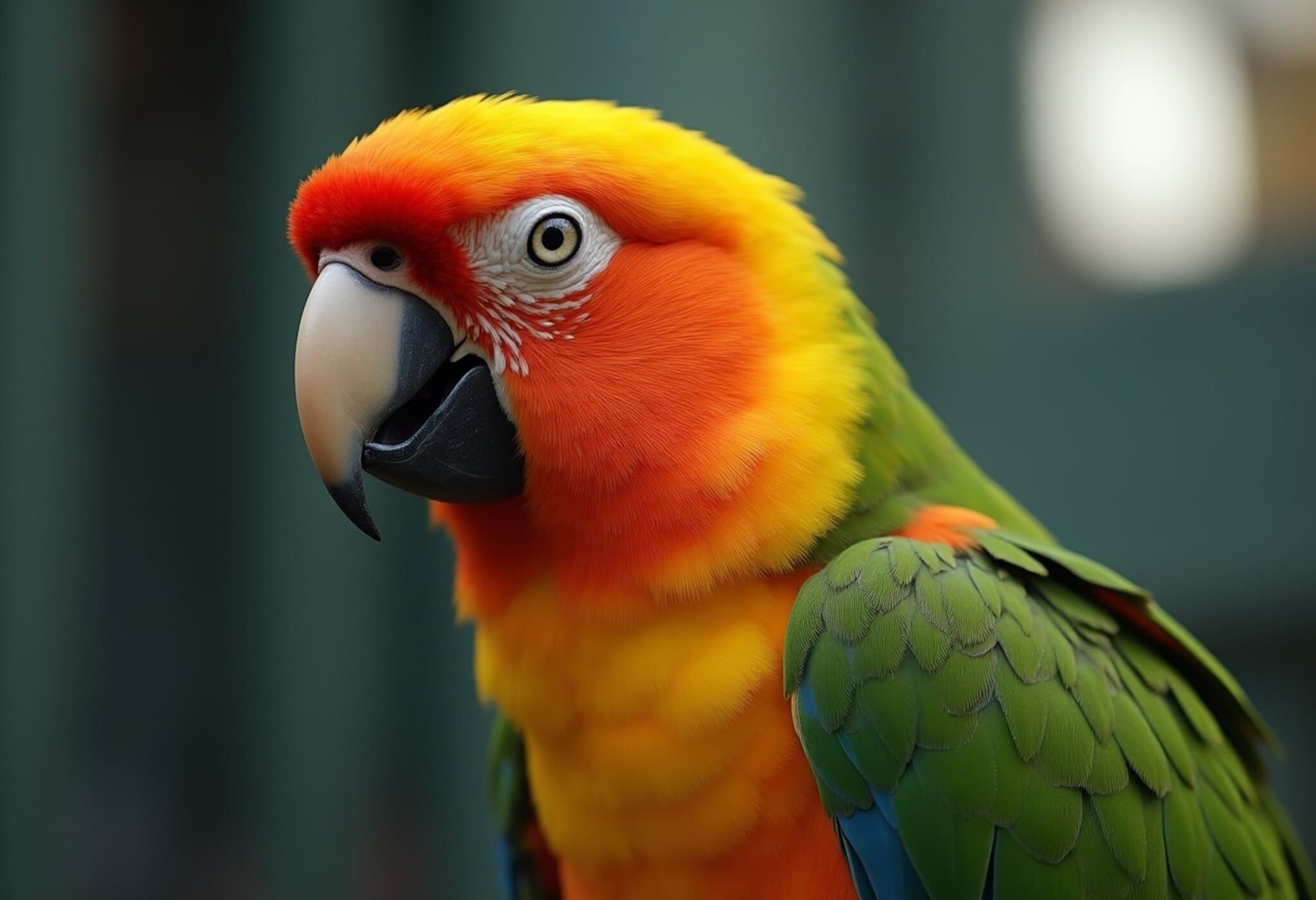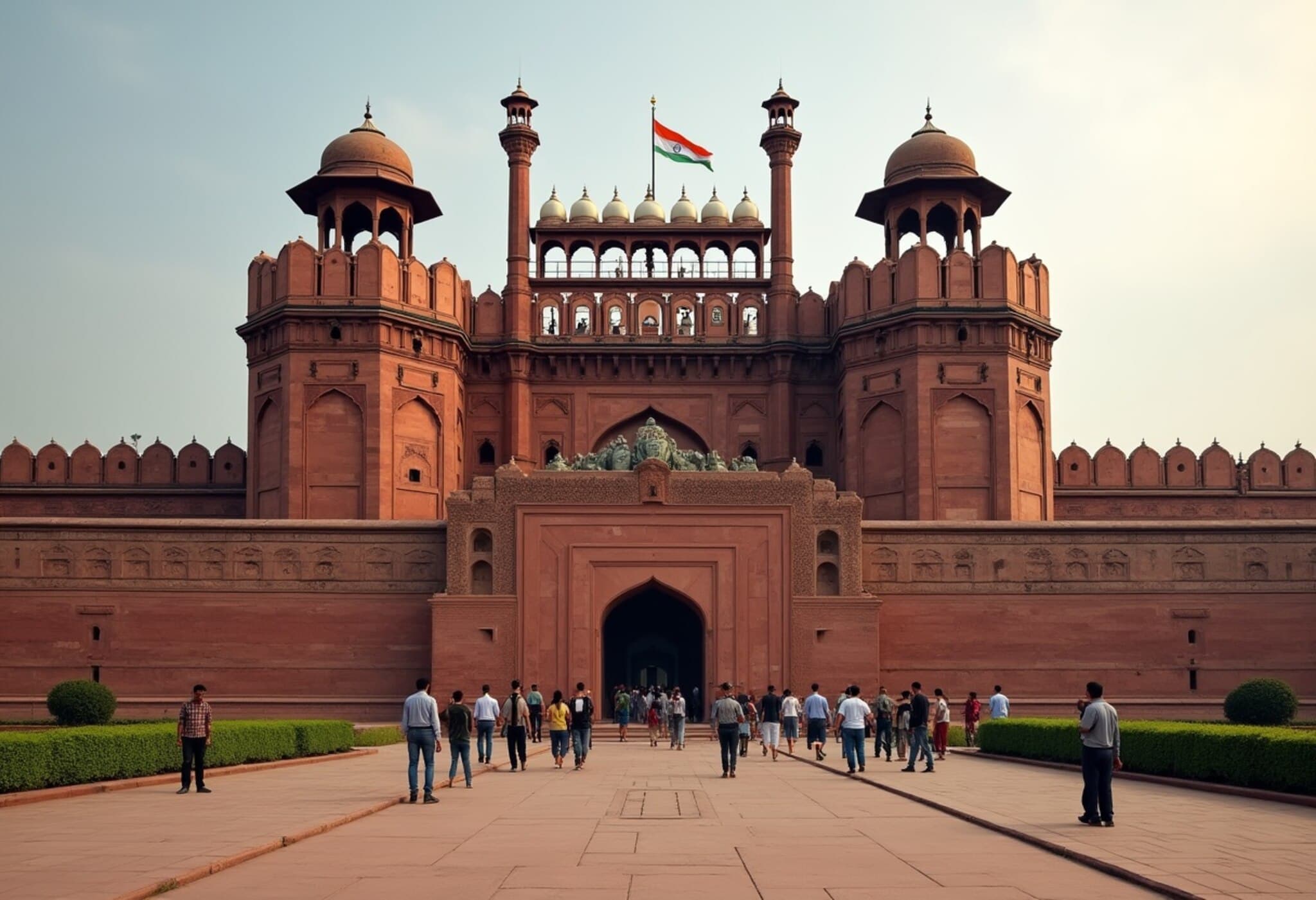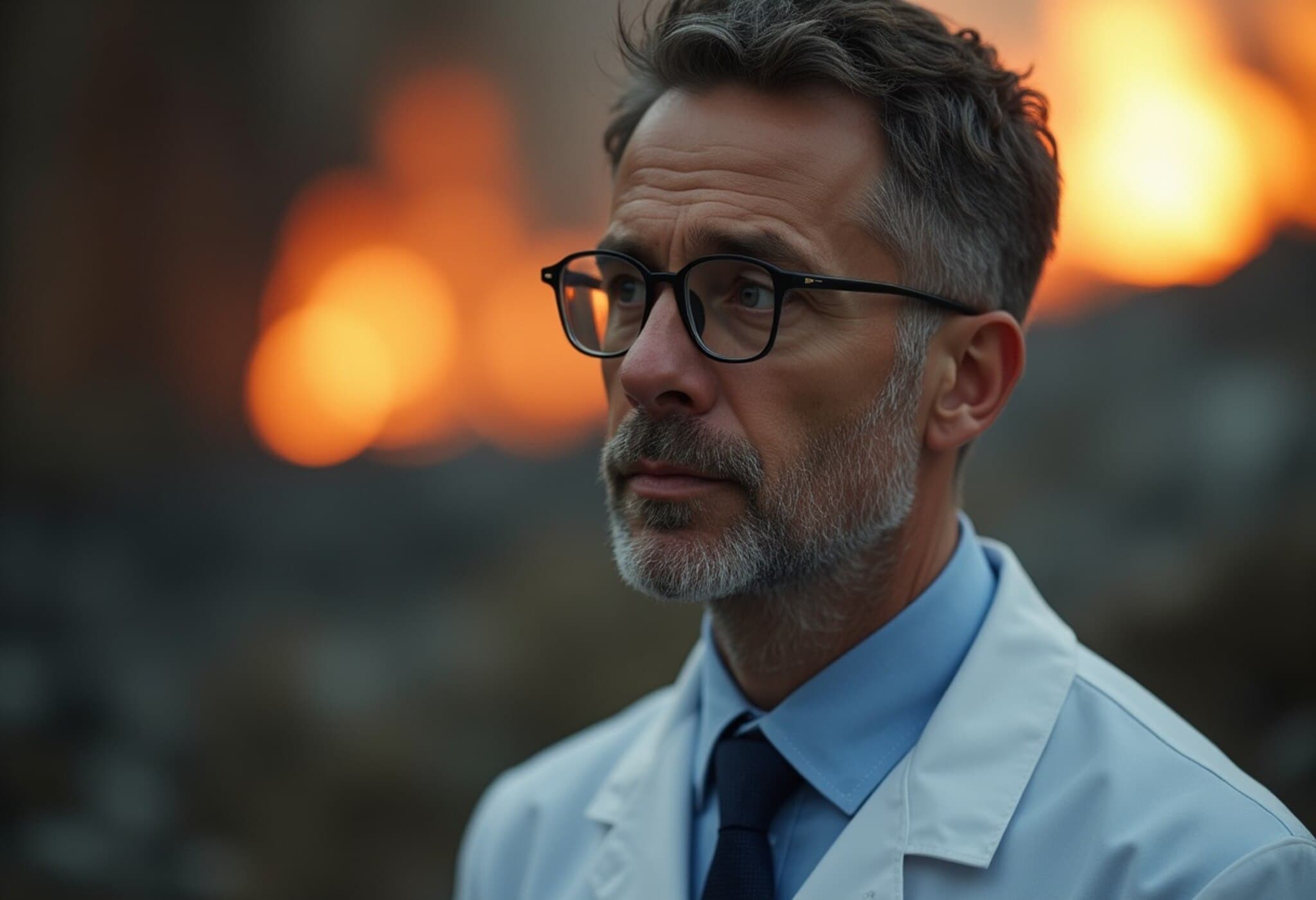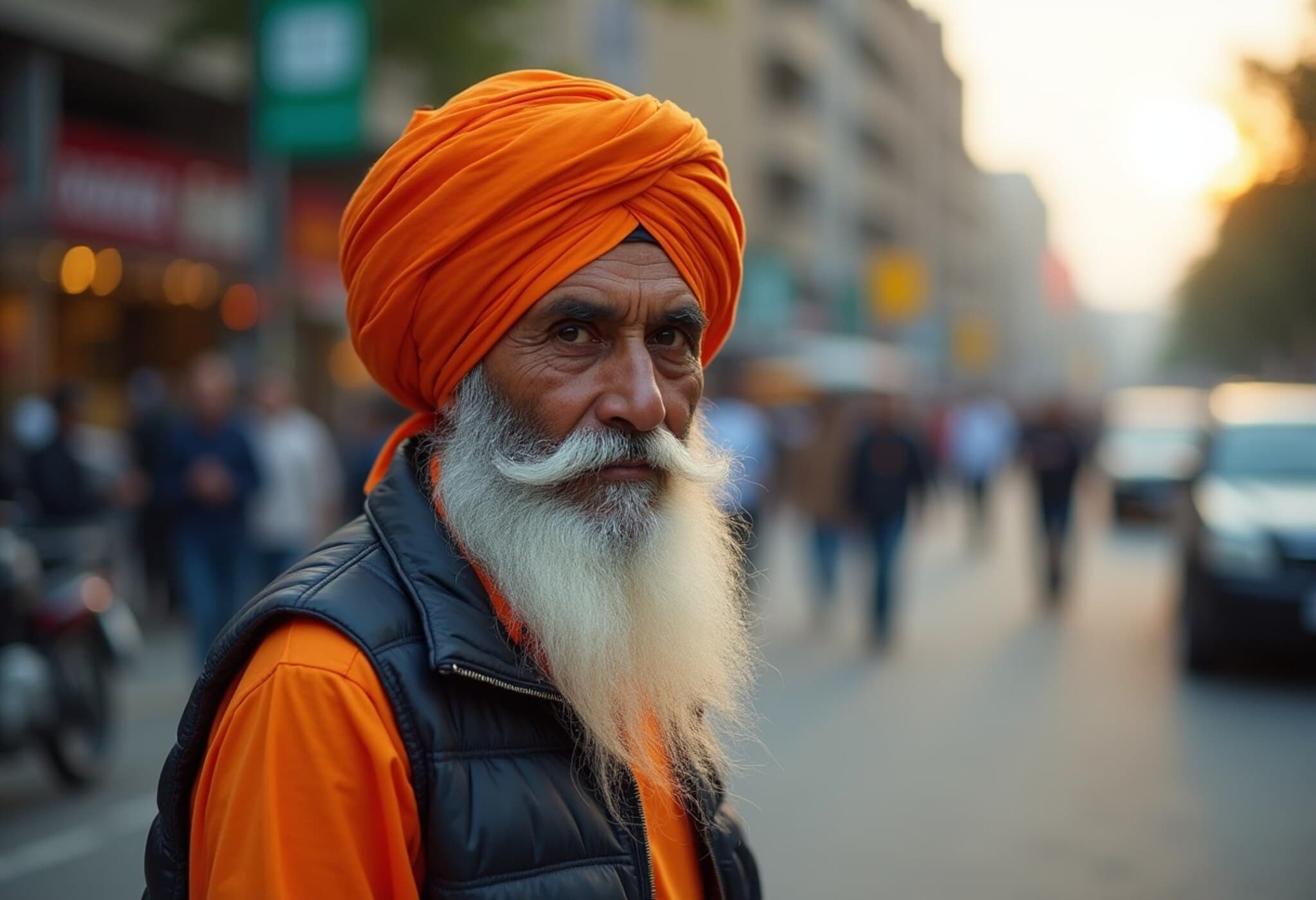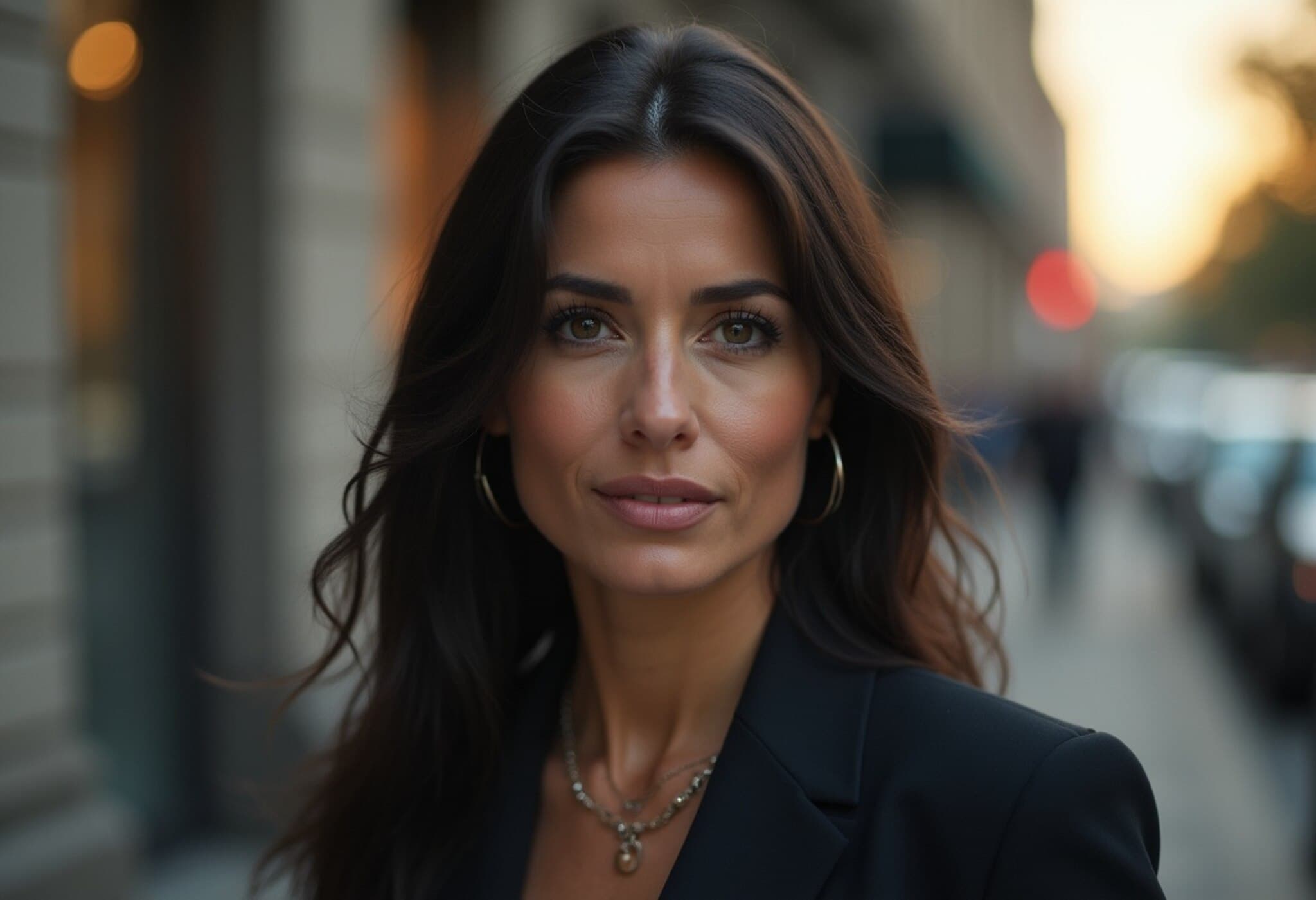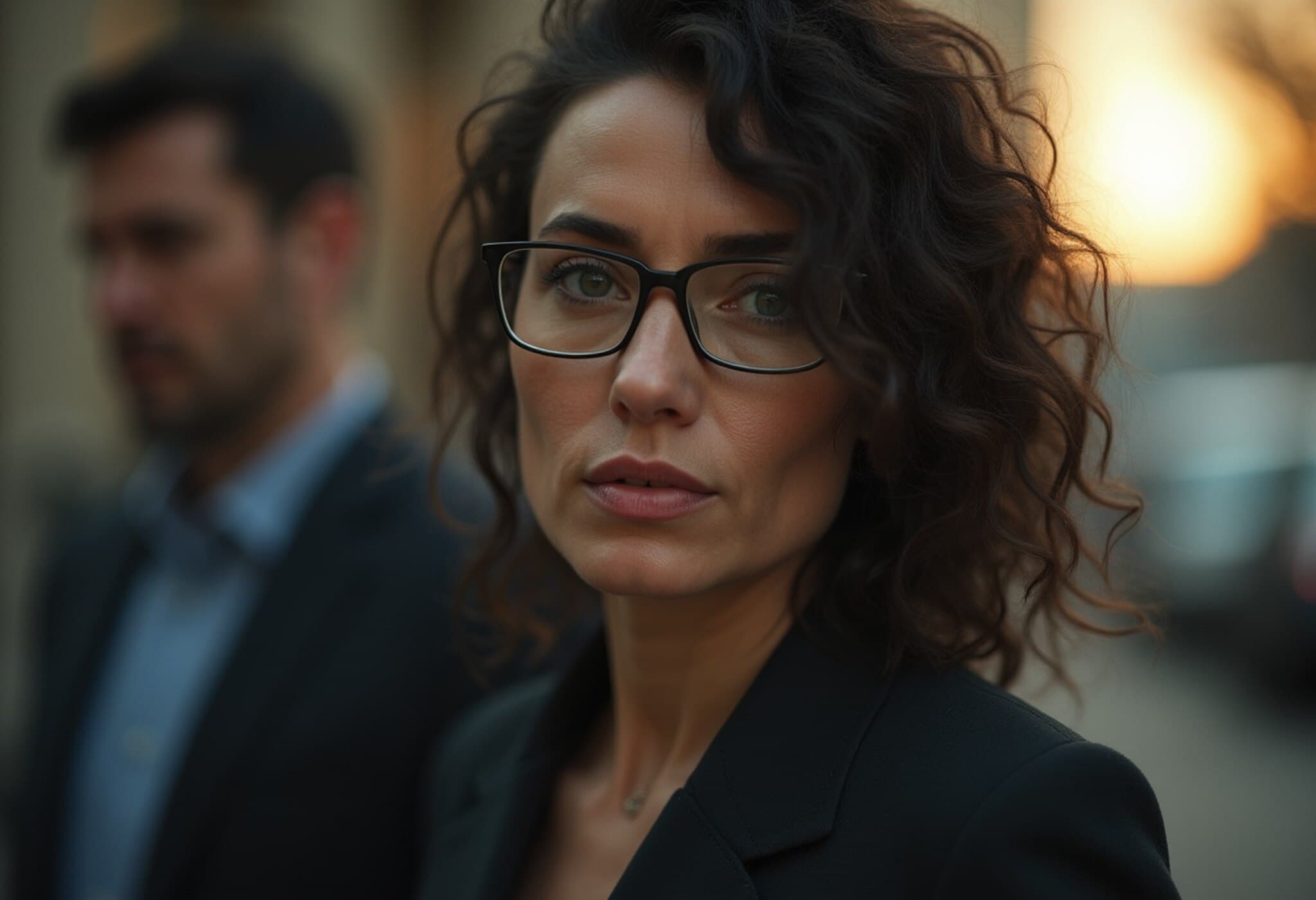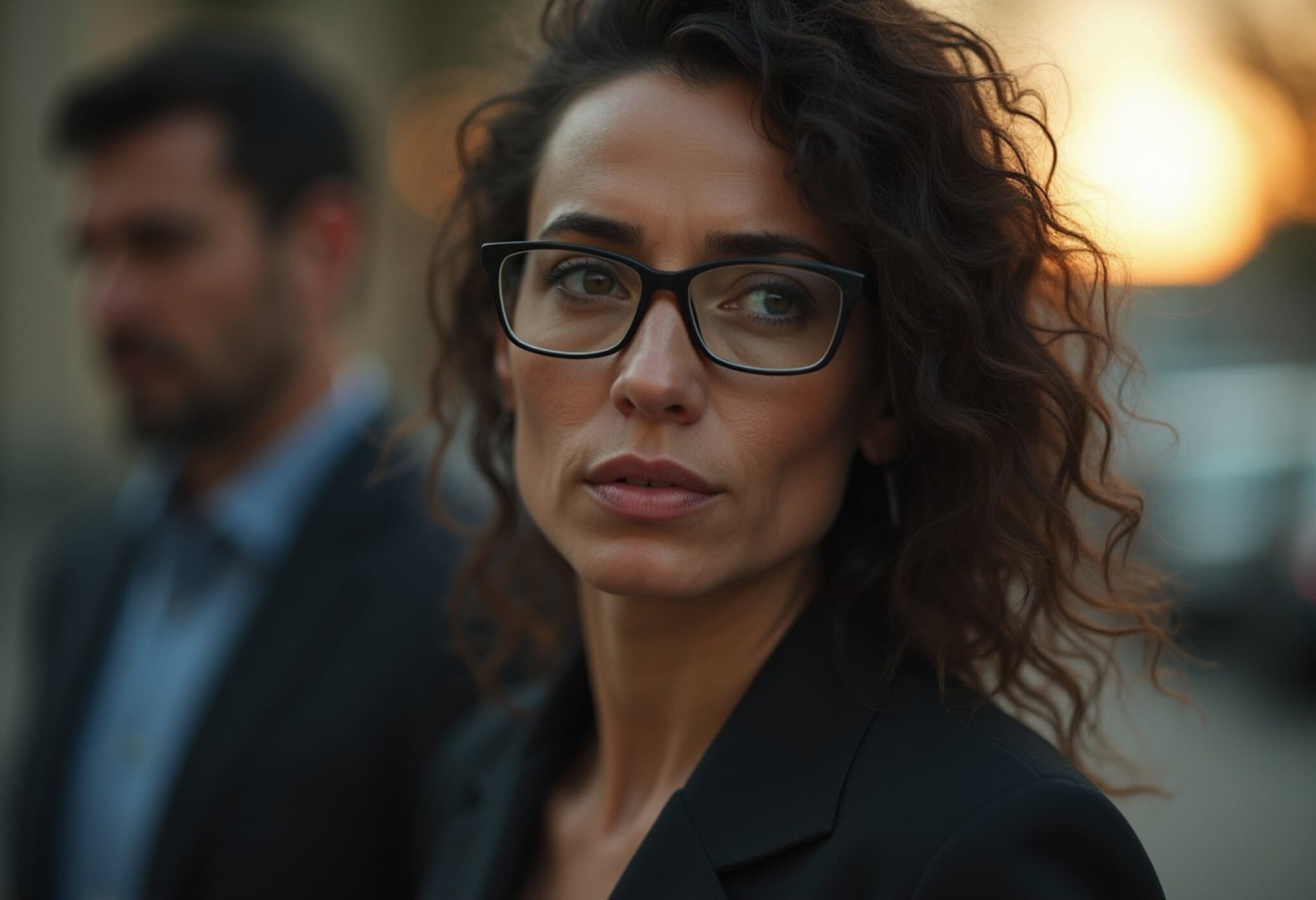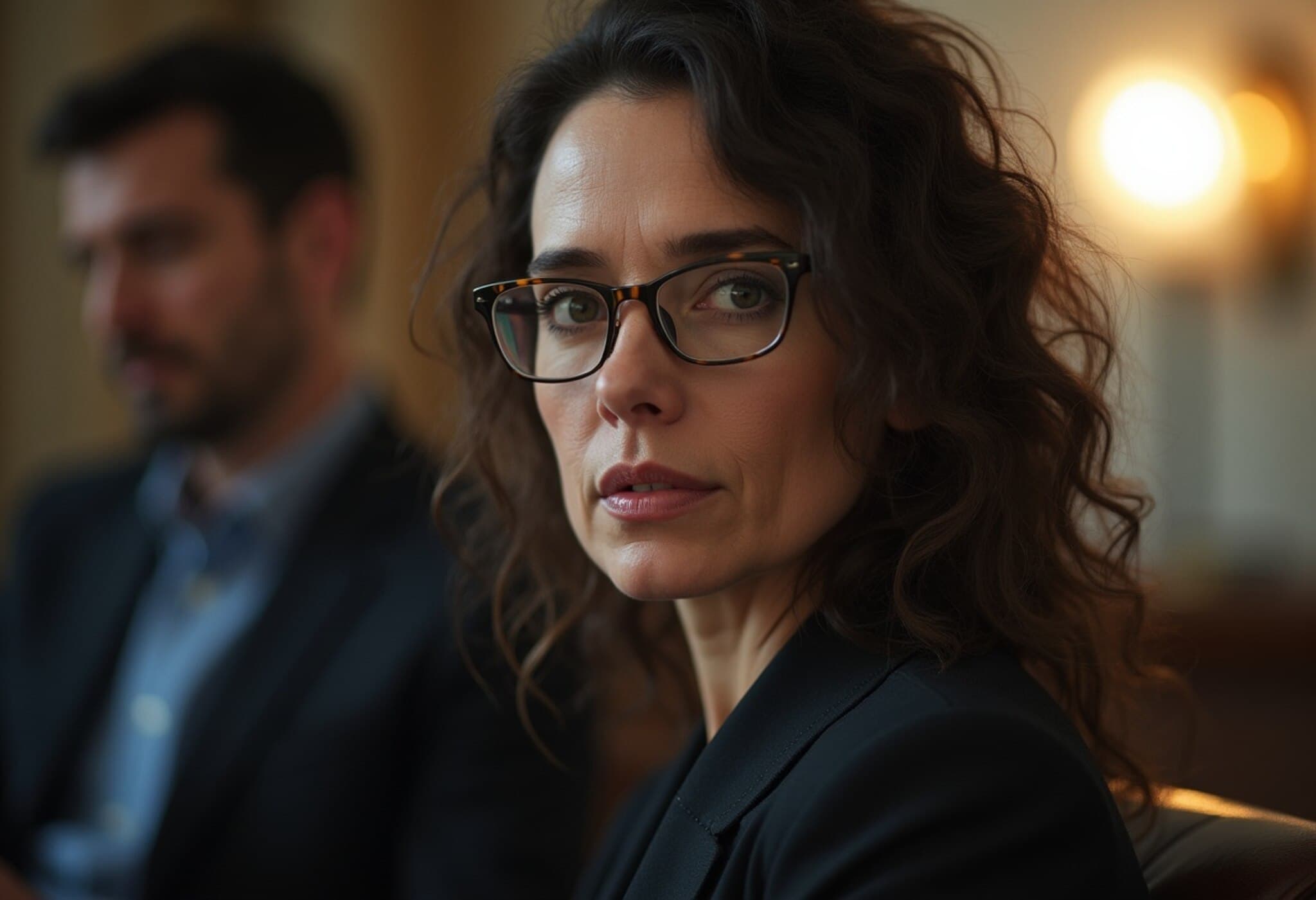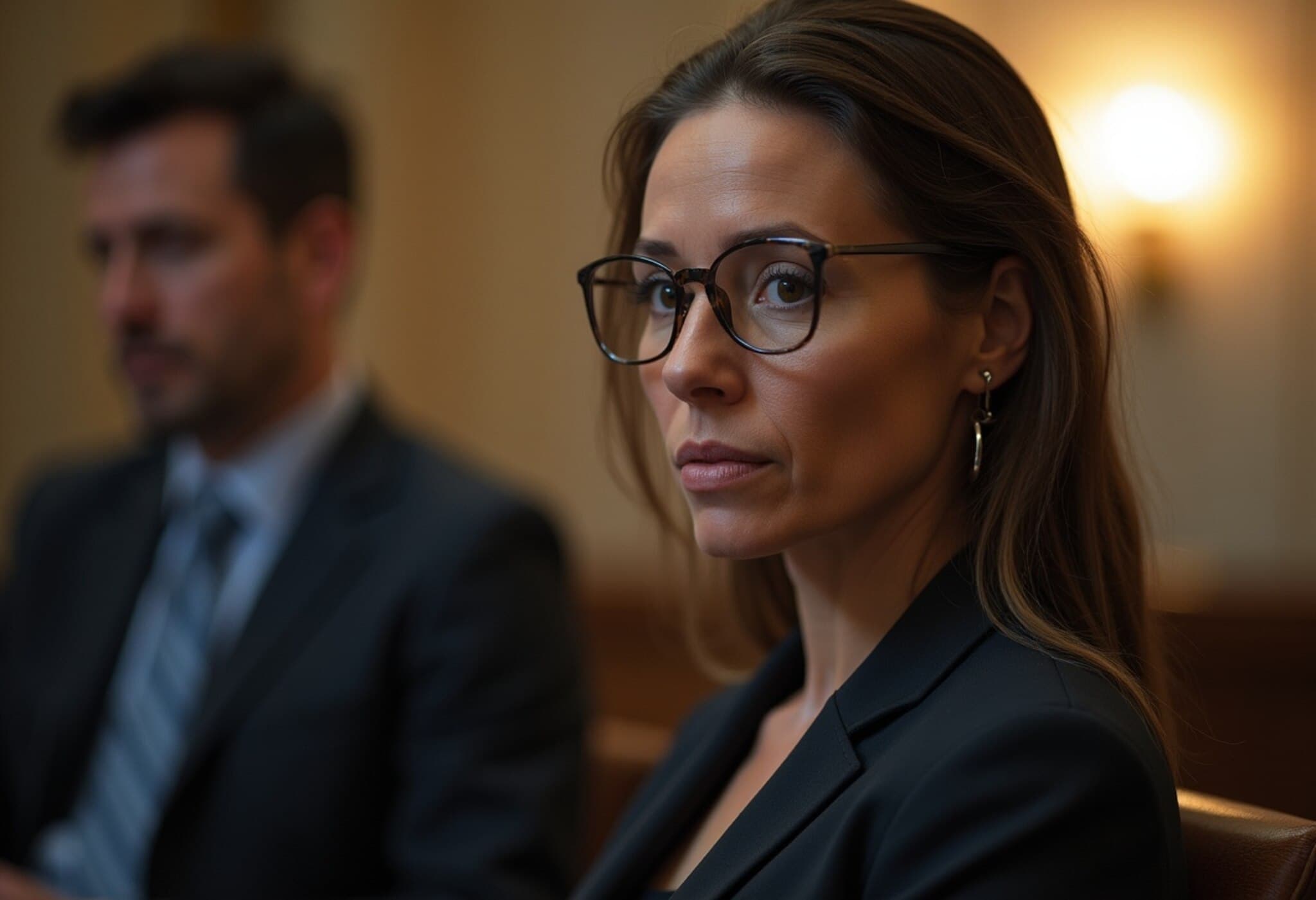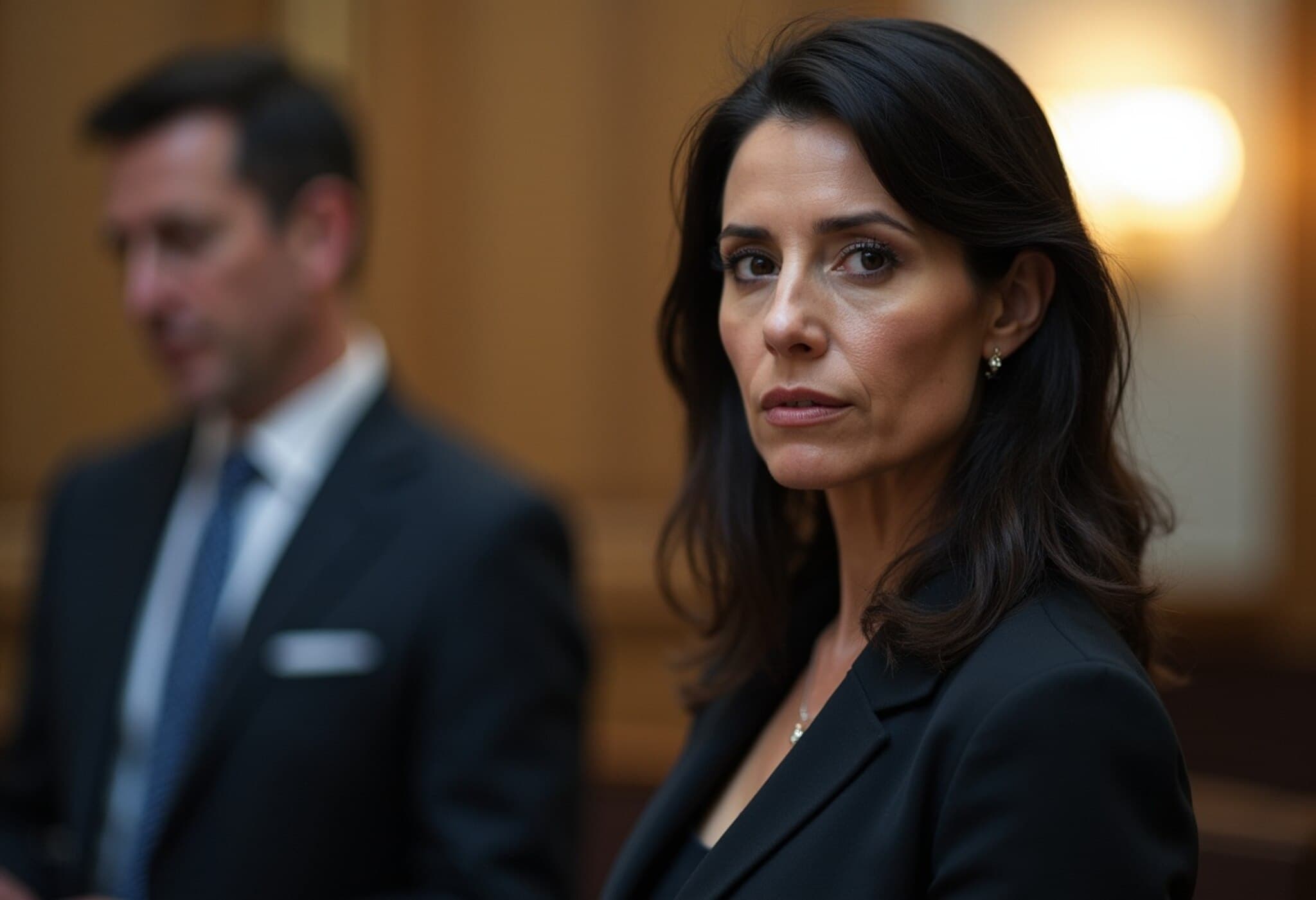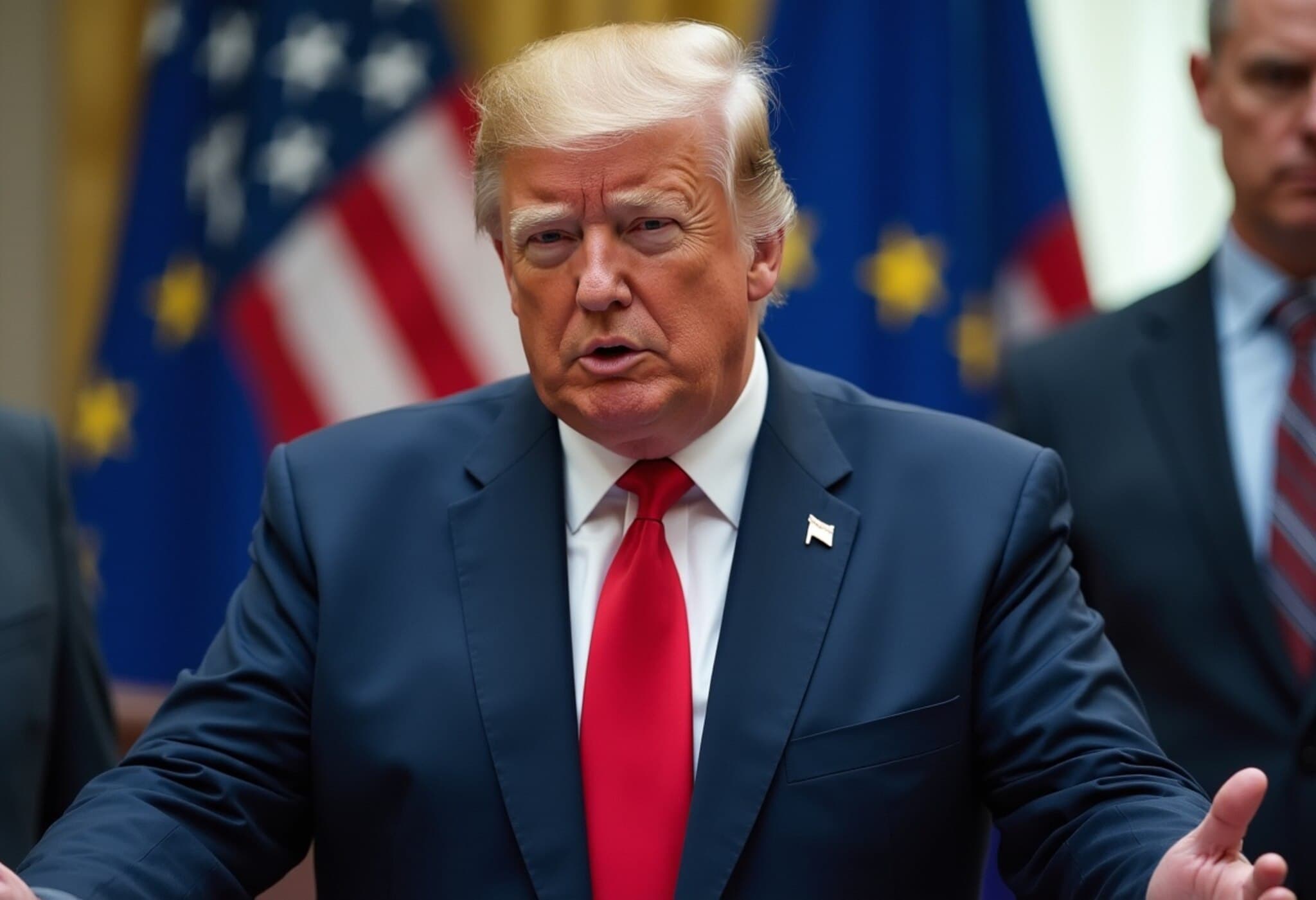Introduction: A Complex Figure Re-emerges in Federal Focus
Ghislaine Maxwell, once a prominent figure in elite social circles, has re-emerged at the center of federal attention despite already serving a 20-year prison sentence. Best known for her involvement with Jeffrey Epstein, the disgraced financier charged with sex trafficking underage girls, Maxwell’s story is much more than that of a fallen socialite. Her long-standing connection to Epstein and her ongoing legal entanglements continue to provoke national discourse.
Maxwell’s Early Life: Born Into Privilege
Born in 1961 in the UK, Ghislaine Maxwell is the youngest daughter of Robert Maxwell, a Czech-born media magnate who once owned The Daily Mirror and publisher Macmillan. The sudden and mysterious death of her father in 1991, when he fell from his yacht, marked a turning point, after which Maxwell relocated to New York City. Within the glittering nexus of Manhattan and London high society, she quickly became a social fixture, mingling with powerful figures across politics and business.
Intersection with Power and Prestige
- Attended major events like Chelsea Clinton’s wedding.
- Photographed alongside Donald Trump, Melania Trump, and Epstein.
- Participated in gatherings such as the Clinton Global Initiative summit.
Her social access, fueled by both personal charisma and her connections, set the scene for her relationship with Jeffrey Epstein.
The Epstein Connection: From Companionship to Criminal Allegations
Maxwell and Epstein reportedly dated briefly in the 1990s but maintained a close, complex relationship thereafter. Epstein, who was arrested in 2019 on charges of sex trafficking minors, used Maxwell in numerous roles—officially managing his households, but allegedly acting as a recruiter and facilitator in his criminal enterprise.
Federal prosecutors detailed a disturbing narrative: between 1994 and 2004, Maxwell allegedly helped groom girls as young as 14 for Epstein. Her tactics involved building trust through shopping trips, travel, and promises of educational assistance, all while normalizing sexual abuse. Victims described Maxwell as a key figure who not only enabled Epstein’s sex trafficking but also participated in some abuse herself.
Trial and Conviction
- Maxwell faced multiple federal charges including sex trafficking and conspiracy.
- In December 2021, a jury convicted her on five of six counts.
- She was sentenced to 20 years in prison in 2022.
While Maxwell maintains her innocence and denies knowledge of Epstein’s crimes, her conviction marked a rare legal breakthrough in a case marked by complexity and secrecy.
Current Developments: Renewed Federal Interest and Political Pressure
In July 2025, U.S. Deputy Attorney General Todd Blanche met with Maxwell for several hours, sparking speculation about potential new information and cooperation. Blanche’s statement left open the prospect that Maxwell could help identify others involved in crimes against Epstein’s victims. Concurrently, the House Oversight Committee has voted to subpoena her for deposition, intensifying political scrutiny amid skepticism about the government’s handling of the Epstein saga.
Maxwell’s legal team denies any discussion of a presidential pardon but expresses hope that the president will act justly if such power is exercised.
Legal Appeals and Broader Impact
Maxwell is appealing her conviction, arguing that Epstein’s 2008 non-prosecution agreement should have shielded her from federal charges. The Justice Department, however, urges the Supreme Court to deny this appeal. Beyond her own fate, the case continues to ripple through social and political spheres, raising questions about accountability and justice for trafficking survivors.
The Survivors’ Voices: A Crucial Perspective
Among the most vocal critics of Maxwell is Virginia Giuffre, a survivor who alleges she was recruited by Maxwell as a teenager working at Mar-a-Lago. Giuffre’s lawsuits against Maxwell, and later against Prince Andrew of Britain, brought international attention to the Epstein scandal. These cases highlight the broader, often overlooked, human suffering behind the headlines.
Expert Commentary: What Maxwell’s Case Teaches About Power, Justice, and Society
The Maxwell saga exposes the intersection of privilege, power, and systemic failure. It illustrates the challenges faced when prosecuting elite perpetrators and enablers of abuse. Legal experts emphasize the need for robust investigative frameworks that protect victims while holding the powerful accountable. From a policy perspective, it raises critical questions about how governments and institutions can prevent such exploitation in the future.
Key Questions for Policymakers and the Public
- How can legal systems better support survivors and ensure timely justice?
- What mechanisms must be in place to dismantle networks that enable trafficking?
- How might political pressures affect impartial prosecution of high-profile cases?
Conclusion: The Story Continues
Ghislaine Maxwell remains a figure synonymous with controversy, crime, and the fraught intersection of power and accountability. As federal authorities and lawmakers probe deeper, the search for truth continues—not only about Maxwell and Epstein but about the shadowy systems that allowed such crimes to persist for decades.
Editor’s Note
This complex case reminds us that justice is often incomplete and ongoing. As Maxwell’s story unfolds, it challenges us to consider not only individual guilt but also societal responsibility. Readers are encouraged to reflect on how power dynamics influence justice and to remain vigilant against abuses hidden behind privilege.

